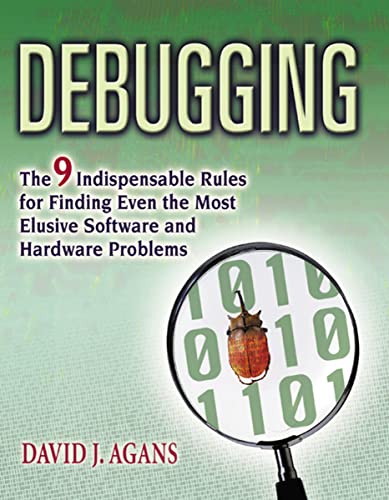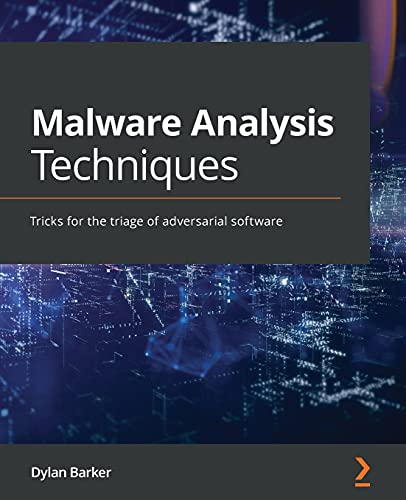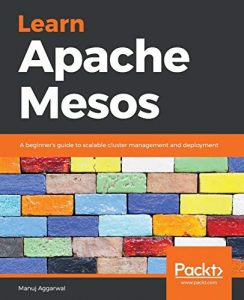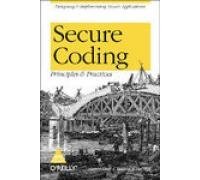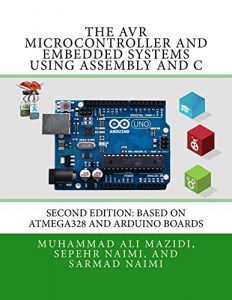Understanding Debugging Techniques
Debugging is an art as much as it is a science, representing a critical skill set for every software developer. Whether you are a seasoned professional or just starting your coding journey, mastering debugging techniques can be the difference between a good application and a great one. Cleaning up code, understanding bug origins, and troubleshooting issues efficiently can significantly improve productivity and application performance.
This blog post highlights an essential collection of books that provide insights, tips, and techniques for effective debugging across different platforms and programming languages. From foundational principles to advanced tactics, these books can equip you with the knowledge and tools necessary to tackle even the most challenging debugging problems. Let’s explore these captivating reads.
Featured Debugging Titles
Debugging: The 9 Indispensable Rules for Finding Even the Most Elusive Software and Hardware Problems
This book is a must-have for anyone serious about debugging, as it dives deep into nine indispensable rules that can help you uncover even the most hidden issues. The author provides practical examples and clear advice that empowers readers to troubleshoot with confidence. Utilizing simple language, the text breaks down complex concepts, making it accessible for beginners while still offering value for experienced developers. It also includes insights about hardware problems, which is often an overlooked aspect of debugging in software development. Don’t miss out on enhancing your debugging prowess with this essential guide!
Linux Kernel Debugging: Leverage proven tools and advanced techniques to effectively debug Linux kernels and kernel modules
This comprehensive guide dives into proven tools and advanced techniques specific to debugging Linux kernels, making it the perfect resource for both seasoned professionals and newcomers wanting to deepen their knowledge. The authors present a pragmatic approach that combines theory with hands-on practice, enabling readers to not only understand but effectively apply debugging strategies in real-world scenarios. With its detailed exploration of kernel architectures, this book is invaluable for enhancing your technical skills in a specialized area.
Linux Debugging and Performance Tuning: Tips and Techniques
This book is not just about debugging—it’s about enhancing overall performance too. Within its pages, readers will find practical tips and techniques to debug and tune Linux applications effectively. The author combines theoretical insights with practical examples, making it a user-friendly resource. Its approach to identifying performance bottlenecks and debug issues in applications is particularly useful for professionals looking to refine their skills.
Advanced Windows Debugging
This title covers advanced debugging techniques tailored for Windows platforms. The author presents a comprehensive overview of debugging tools and methodologies, making it valuable for anyone dealing with Windows software. With a focus on complex systems, readers will gain insights into effective strategies and best practices that can expedite troubleshooting processes, ultimately leading to robust applications.
Practical Debugging for .NET Developers: Tools and Techniques to debug and solve real-world problems in .NET
If you’re working in the .NET ecosystem, this book is an absolute necessity. It offers practical advice and techniques to help developers debug effectively while dealing with real-world situations. The author provides hands-on examples and tools that can be directly applied, making it easy to integrate new strategies into your workflow. This is a perfect resource for those eager to solve .NET-specific debugging challenges.
Optimizing memory management in C++: A Beginner’s Guide to Efficient Memory Usage, Profiling, and Debugging Techniques
This beginner-friendly book delves into the fundamentals of memory management in C++, a crucial aspect of effective debugging. By learning how memory allocation affects application performance, readers can better identify and resolve issues. Filled with practical examples, this guide serves as an excellent introduction for those looking to improve their debugging and optimization techniques.
Ghidra Software Reverse-Engineering for Beginners: Master the art of debugging, from understanding code to mitigating threats
This book is not only about debugging; it introduces readers to reverse-engineering fundamentals. It prepares developers to navigate and analyze software threats while providing a solid foundation in debugging principles. Its approachable style and depth of content make it suitable for both novices and experienced engineers looking to enhance their skill set.
Debugging techniques in large systems
This title focuses on debugging large systems, a challenging but vital aspect of software development. It details methods and frameworks crucial for identifying issues within complex architectures. The expertise provided within this book can dramatically enhance a developer’s ability to manage and rectify bugs in large-scale applications, making it an essential read for every software engineer.
COBOL II: Programming Techniques, Efficiency Considerations, Debugging Techniques (IBM McGraw-Hill Series)
This classic title dives deep into programming with COBOL, addressing strategies necessary for efficient debugging. It combines programming techniques with a focus on performance, providing historical context and relevance. This makes it a unique read for those dealing with legacy systems or looking to understand crucial debugging aspects in a vintage language.
Malware Analysis Techniques: Tricks for the triage of adversarial software
This book not only covers debugging but dives into malware analysis—an increasingly important field for security professionals. It teaches how to triage adversarial software effectively, focusing on both analytical techniques and practical debugging methods necessary for addressing vulnerabilities. This resource is fundamental for cybersecurity engineers working to protect systems.

